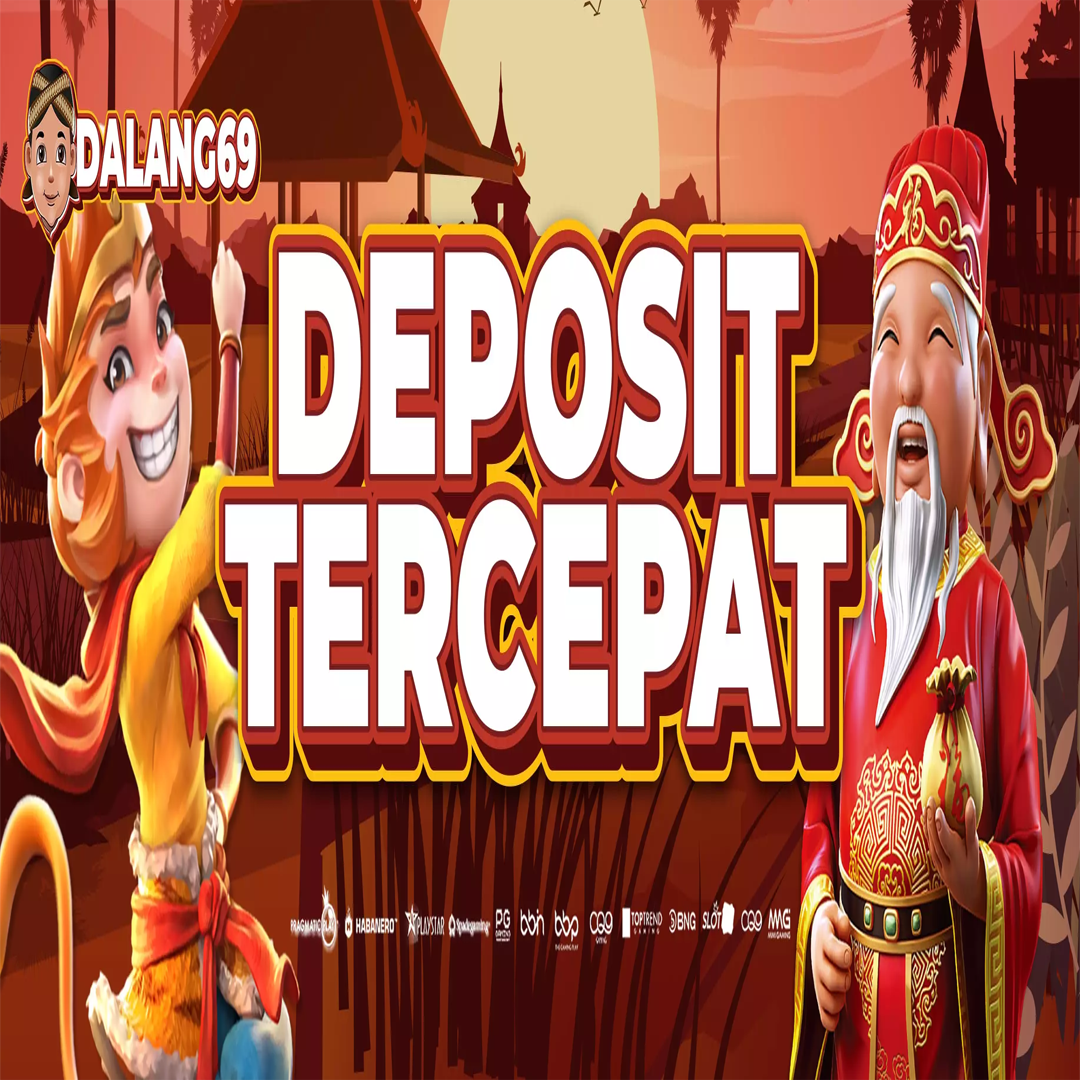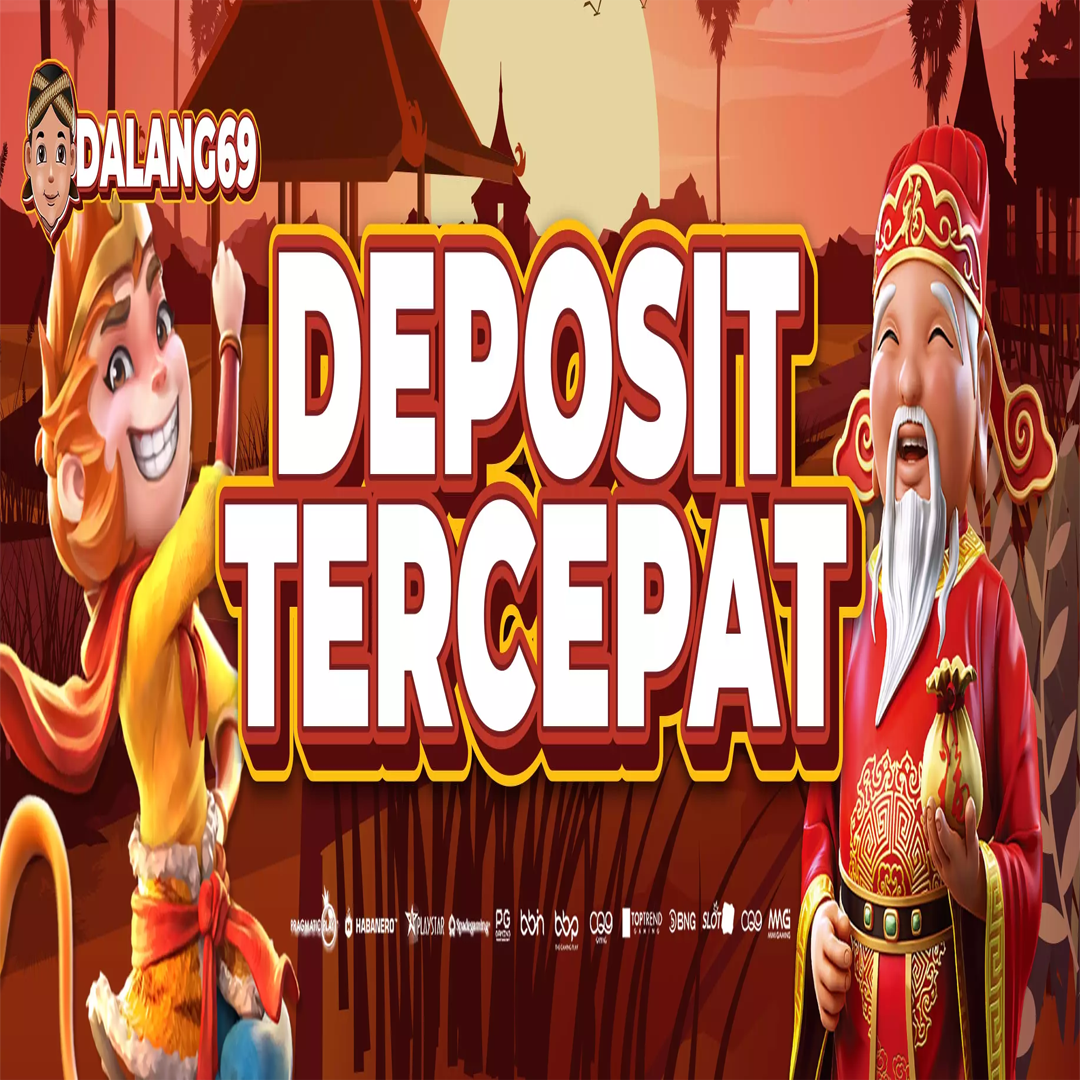1
/
of
1
Dalang69
DALANG69: Provider Situs Slot Gacor Hari Ini Vendor Slot Terbaik
DALANG69: Provider Situs Slot Gacor Hari Ini Vendor Slot Terbaik
Regular price
Rp 20.000,00
Regular price
Sale price
Rp 20.000,00
Unit price
/
per
Couldn't load pickup availability

Dalang69 sering disebut-sebut sebagai vendor slot gacor terbaik dan terpercaya dari berbagai provider situs slot gacor hari ini yang di gadang-gadang bisa memberikan kemenangan tanpa batas dan mampu memberikan hingga milyaran rupiah kepada setiap pemenang yang mendapatkan jackpot.
Dalang69 merupakan besutan dari panel Infini88 dan telah bekerjasama dengan provider slot online di seluruh dunia untuk hadir di Indonesia melalui situs slot gacor hari ini Dalang69 agar pemain slot di Indonesia bisa menikmati provider terlengkap slot online terbaik di dunia, maka dari itu situs Dalang69 mempunyai ciri khas budaya Indonesia.
Share


